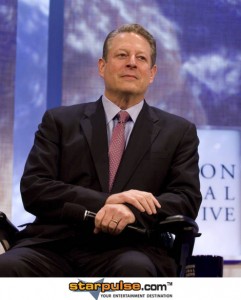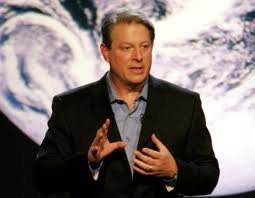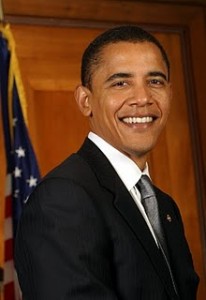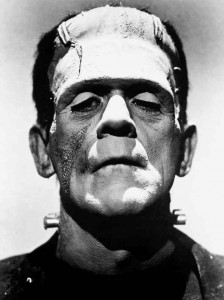Should the President have been able to foil the attacks of September 11?
Throughout the 1990’s we sustained:
- The 1990 assassination of Rabbi Meir Kahane in New York City,
- The 1993 bombing of the World Trade Center,
- The 1998 bombings of the Embassies in Kenya and Tanzania,
- The 2000 bombing of the U. S. S. Cole,
- And in 1999 we foiled Al Queda’s Millennium plot.
President Clinton and Vice President Gore knew that Osama bin Laden was a threat. They knew he had been trained by the CIA in the war in Afghanistan against the Soviet Union. They also knew that he financed and or masterminded the simultaneous attacks on U. S. embassies in Dar Es Salam, Tanzania and Nairobi, Kenya on August 7, 1998, and the October, 2000 attack on the U. S. S. Cole. And President Clinton told us that after his January 2001 inauguration he briefed President Bush on bin Laden.




